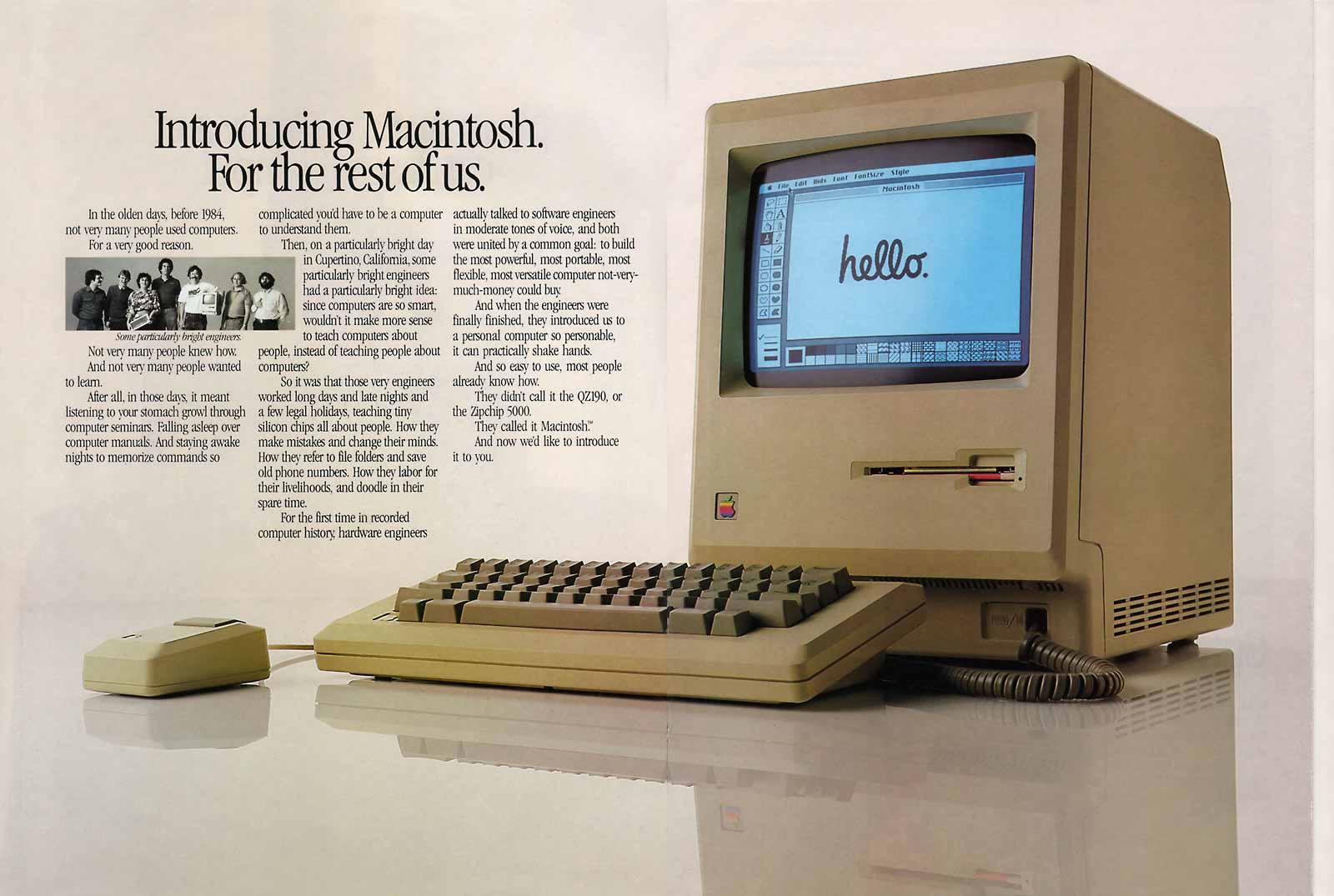Written May 2023
On January 9, 2007, in a highly anticipated speech at MacWorld, Steve Jobs unveiled his newest product: “iPhone is a revolutionary and magical product that is literally five years ahead of any other mobile phone,” said Jobs. Apple under Steve Jobs changed the world, first during the personal computer revolution and again with the iPhone. However, fast forward to today and Apple’s original vision of innovation and consumer satisfaction is nowhere to be seen. Apple under Tim Cook is nothing more than a money-grubbing shell of its former self, and no sane individual should purchase their products.
Steve Jobs’ role in the creation of Apple cannot be understated. After he co-founded the company in 1977, he changed the computing world with the Macintosh in 1984, one of the first home computers to come with a mouse. After he was fired in 1985, he started a successful new company called NeXT, while Apple struggled to maintain its former relevance under the dominance of Windows PCs. In late 1996, weeks from bankruptcy, Apple bought NeXT, and with it, Steve Jobs. He immediately turned around the company by bringing in the “i” line of devices, bringing Apple into the new millennium and creating Apple’s current identity.
Steve Jobs once believed that the best way to ensure a solid and bug-free user experience was to close off any unknown variables from the user, which meant authoritarian control over the software and hardware allowed on his platforms. This is demonstrated in iOS devices, whose software must be approved by Apple to be put on the App Store, a rigorous and expensive process which Apple justifies by saying it removes the chance of malware entering the App Store. In practice, it means that Apple can remove and replace apps for whatever reason they want, such as the forcible replacement of Google Maps with the less loved Apple Maps.
Apple’s belief in closed systems was never such a big factor for consumers until the company expanded under their new CEO, Tim Cook. Since 2011, Apple has gone from phones and computers to smartwatches, headphones, wireless earbuds, smart speakers, car connectivity and streaming services. This expansion mirrors the expansions that occurred between 1985 to 1997, when Apple was trying to break into consumer electronics and gaming. However, unlike that era, its revenue has grown by four times since 2011.
Under Tim Cook, Apple expanded their product lineup rapidly and started focusing more on mobile devices. These devices, which stress portability and connectivity, could be made to easily interact with other devices made by the same company. Furthermore, online connectivity means that Apple devices can easily interact with other devices which have the same user account. This is partly why AirPods boast such fast pairing with iPhones and iPads, and why iPhones back up photos and videos on iCloud, where users can view them on a MacBook.
However, with the exception of the Apple Watch and the AirPods, many of these new devices and iterations are nowhere near the level of sophistication set by Steve Jobs. Nowhere is this more obvious than with the Apple AirTags, which are simply a reskin of the earlier Tile tracker and have caused concerns that the device could be used for stalking. Even the AirPods have come under scrutiny, as it is no wonder why Apple chose to release a pair of $150 wireless earbuds only months after removing the headphone jack of the iPhone 7.
However, all of this wouldn’t be such a problem if Apple didn’t charge such high prices for its products, which are seemingly no different from other similar products. Going back to the AirPods, the newest iteration now costs $329. The same amount of money could be used to buy a pair of professional-grade audiophile headphones, which would sound better, last longer and could be thrown away without worries of creating e-waste. While Apple products have always been expensive, no longer do they make the same level of product as they did under Jobs.
Since 1997, Apple has become a boutique company comparable to a luxury clothing brand. Apple consumers value their products’ build quality, ease of use and high status compared to other tech companies. For consumers wishing to meet these criteria, Apple products are perfectly suitable for them. However, there is no denying Apple’s manipulative marketing strategies and general disregard for its customers. In the twelve years since Jobs’s death, Android phones and Windows PCs have matched Apple’s products for a fraction of the price, and unfortunately, the only reason to buy an Apple product is to use them with other Apple products.



